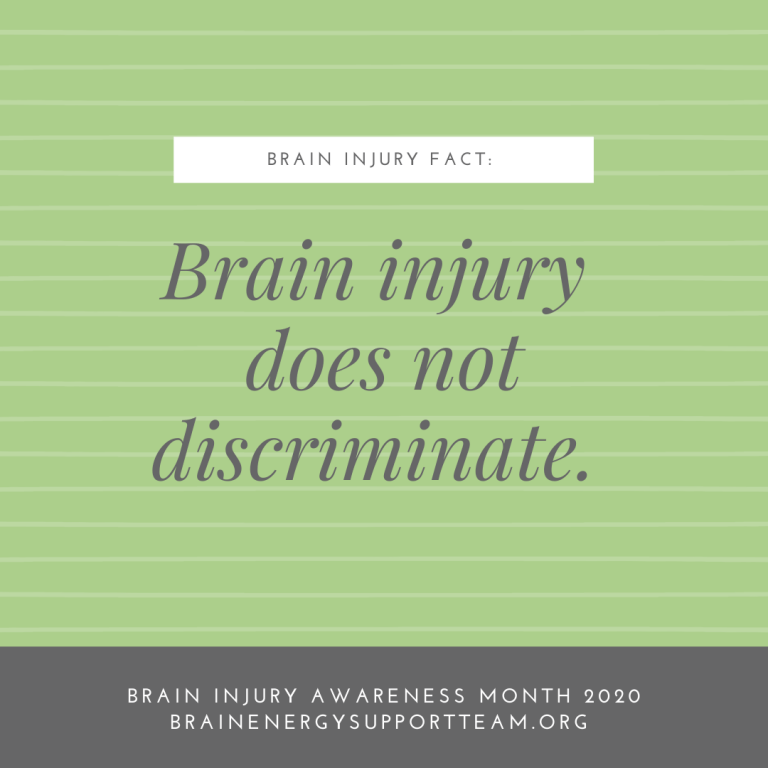Niki Aiman, from America, was twenty-nine years old when she sustained a traumatic brain injury in a road traffic accident six years ago. In her latest blog Niki explains how her life has been affected. How she copes with her brain injury and shares some great advice for other families in the same situation.
Niki’s experience of brain injury
How did your brain injury occur?
I was involved in a head on collision; the airbag discharged and caused traumatic damage to my frontal and temporal lobes. I was in an induced coma for three weeks. When I was first told I had a brain injury my main feeling was indifference. I was more concerned with my last memory before the accident, which was that I had an assignment to submit for class the next day. My doctors were incredible; my specialists were some of the best on the West Coast, which was pure luck, or a blessing. Later occupational and speech therapy would go on to improve daily life.
Recovery and challenges
The progress speaks for itself, there are many struggles, physically and emotionally, but I work part time now, and am driving.
There is great struggle with coming to terms with who I am vs who I once was. The memories are there, but many of the abilities, interests, etc. are not.”
In addition, apathy over time became something I will constantly have to struggle with. The docs have gotten me on a fairly simple medication routine, which greatly helps with anxiety and the ability to focus.
Other people’s reactions
People’s reactions are generally the same, whether they know me or not: I look fine, I dress fine, I speak fine, so I must be fine. It’s horribly misleading, because 99% of the time, what I appear to be is largely different than what is happening in my head. If you’re surrounded by family who all have your best interest at heart, I knew enough to understand they were doing their best with what they had to work with. It’s important for someone functioning with a head injury (or TBI) to take time to empathize with people, you lose that ability as well, and it takes a bit of self-talk to get it back. Socially, I struggle. A good majority of my social skills since the accident have been garnered by copying others, or faking it, to “relearn” the appropriate behaviors. The downside to that is you lose a bit of your identity in the process.
My marriage came after the accident and was greatly affected by my inability to perform certain functions, things a person my age shouldn’t struggle with, such as remembering conversations or daily tasks. You have to make sure that the people you surround yourself with are fully aware of your injury, and understand it, as far as it may affect your daily life.

Long-term effects to brain injury
Remaining effects definitely include an inability to focus, and also to stay awake! Your brain produces dopamine, a chemical which attributes to both of those functions, and due to my injury, I don’t produce as much (if any) now. I take meds on a daily basis, and engage in physical activity such as jogging. Having a job (or any kind of repetitive routine,) helps with this also. Memory loss is different for different cases; mine deals with the short-term, of which I have very little. For example, in order to retain a process, I have to repeat it many times to remember it. The same goes for names and dates.
Looking to the future
Expectations for the future began with completing my college education. That very quickly dissolved based on the fact that there are certain things a college student is expected to do which simply cannot be accommodated for. Things like remembering you have class that day, for example. Or even more so, remembering a process you need in order to complete an assignment. Unfortunately, all the Americans with Disabilities Act requirements in the world can’t do the work for you. When my son was born, that became my new future. As a TBI survivor, I had to expect complications after pregnancy due to that nasty shift in hormones; it’s important to make sure your doctor knows of any changes in mood or stress level, sleep patterns, etc. Other than that, it’s keeping an eye on yourself and making sure your doctors are on your level.
Advice for others
The best advice I can give is, if your loved one suffers from a head injury of any kind, please know that their brain is not, nor will it ever be, the same. Just like the person experiencing the injury, the parents (or loved ones) are responsible for understanding what a head injury means and what can happen.
The brain is an absolute miracle organ, but when it takes a hit, it will try to heal itself with or without you, and to do that it must find a new way; you must do the same.”





Customer Reviews
Thanks for submitting your comment!